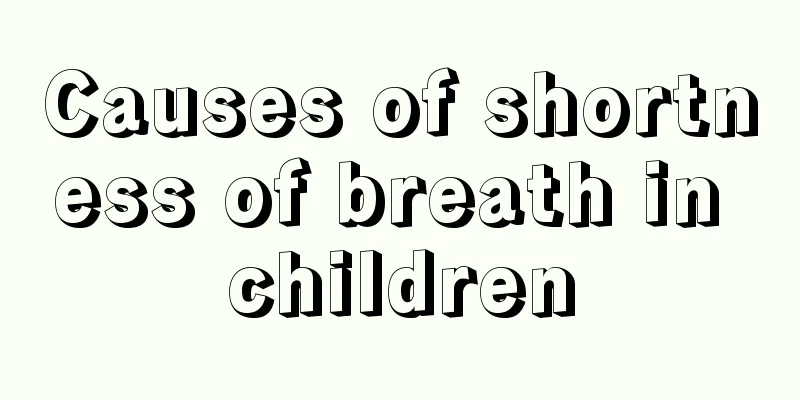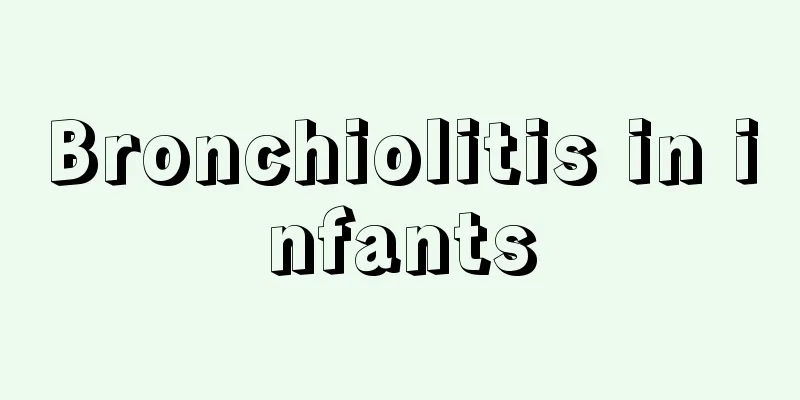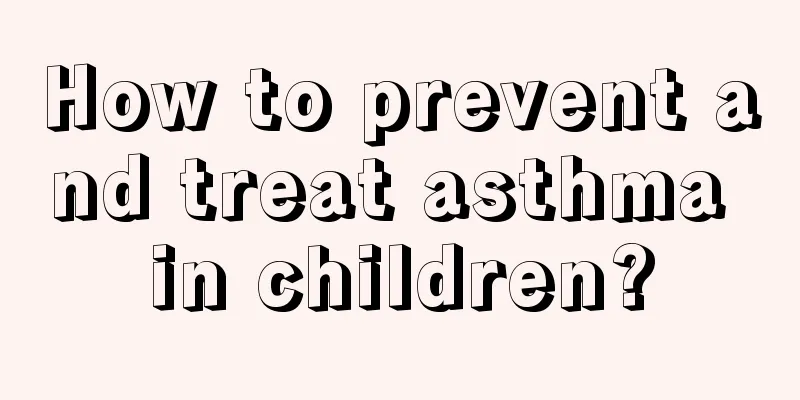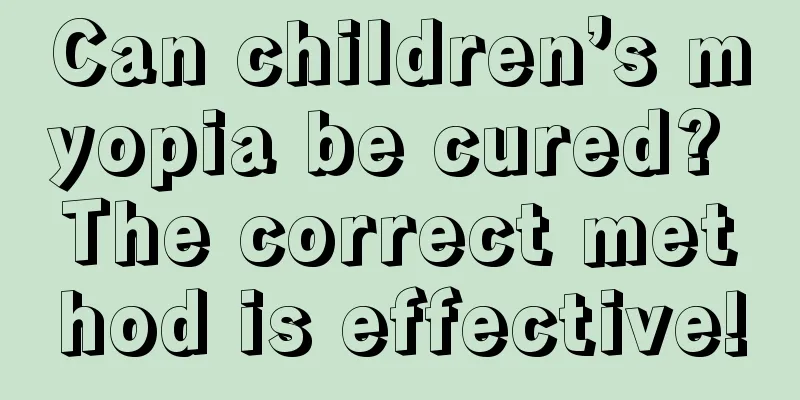How to treat tear duct diseases in children
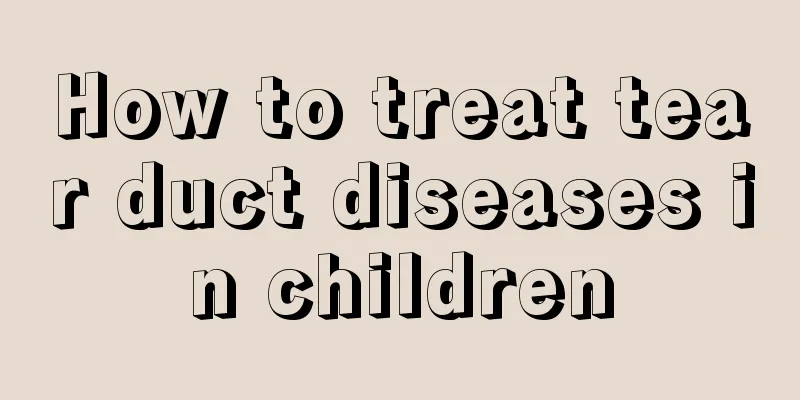
|
The lacrimal duct is simply the part of the body through which tears are discharged. The tear duct includes the lacrimal puncta, lacrimal canaliculi, lacrimal sac and nasolacrimal duct. There is a tear point on the upper and lower eyelids, and the upper tear point is slightly inner than the lower tear point. The lacrimal canaliculus is a small tube connecting the lacrimal punctum and the lacrimal sac, and is divided into the upper lacrimal canaliculus and the lower lacrimal canaliculus. If the tear duct becomes diseased, it will cause blockage of the tear duct, resulting in the inability to excrete secretions from the tear glands, and endangering the health of the eyes. Children are more susceptible to tear duct diseases than adults. As for how to flush the tear duct, the first thing to do is to choose the insertion point of the needle, generally inserting the needle into the lacrimal point in the inner part. The patient sits or lies down, facing the operator. Operation technique and error prevention: Insert the needle vertically into the lacrimal punctum to a depth of about 1.5~2.0mm, and then turn it 90 degrees. Point the needle tip toward the nose, that is, the long end of the needle is parallel to the nose. The needle tip is then advanced slowly along the lacrimal canaliculus. If there is no resistance, it can be advanced 5 to 6 mm. Push the liquid into the tube with even and appropriate force. If there is great resistance during flushing, backflow or outflow from another lacrimal duct, it indicates that the tear duct is blocked. The direction of fluid backflow is different in different parts of the tear duct. Pay attention to the depth when inserting the needle to avoid damaging the mucosa. The clinical significance of tear duct irrigation is that it can detect some diseases related to the tear duct, such as tear duct obstruction caused by trauma; purulent secretions in the irrigation of chronic dacryocystitis; other acute inflammations of the eye; bleeding tendency or nasal deformity; acute dacryocystitis. The tear ducts are self-cleaning and generally do not need to be flushed. However, some children may have blocked tear ducts, which may be accompanied by more eye mucus. At this time, it is not enough to just apply medicine on the eyes. You should first use a cotton swab dipped in warm water to slowly wipe off the eye mucus, then massage the eye area, and then have a professional doctor diagnose the specific location of the tear duct blockage and then clean the tear duct. |
<<: What is occult blood in children's urine test?
>>: What to do if a child has a blocked tear duct
Recommend
Treatment for baby diarrhea
A little diarrhea in babies is undoubtedly a majo...
What to do if your child is allergic to shrimp
In our lives, due to some external reasons and ou...
What to do if your baby has a low temperature after the fever subsides
There is probably no baby in the world that does ...
What symptoms will babies experience after eating too much salt?
Children under one year old should not eat too mu...
How to deal with the rebellious period of a 2-year-old
In fact, the rebellious period is a very troubles...
Why does my 3 month old baby drool?
The baby is a treasure to the mother. She is alwa...
What are the causes of encephalitis in children? How to treat it?
Children have lower body resistance, so they are ...
Newborn baby diarrhea with milk curds
Since the digestive organs of newborns are not fu...
What should we do if primary school students’ memory declines?
Primary school students are in the period of the ...
Child coughing and wheezing
Some parents may find that their children often c...
Symptoms of arm dislocation in 3-month-old baby
Three-month-old babies are very young and are oft...
What should I do if my three-year-old child has phlegm in his throat?
The phlegm in the baby's throat is usually ca...
At what age should you train your baby to urinate and defecate?
Many parents are very troubled by their children&...
What should children eat to grow taller?
In daily life, we often hear many mothers complai...
What are the methods to remove baby's tongue coating?
Tongue coating is a white substance that exists o...



